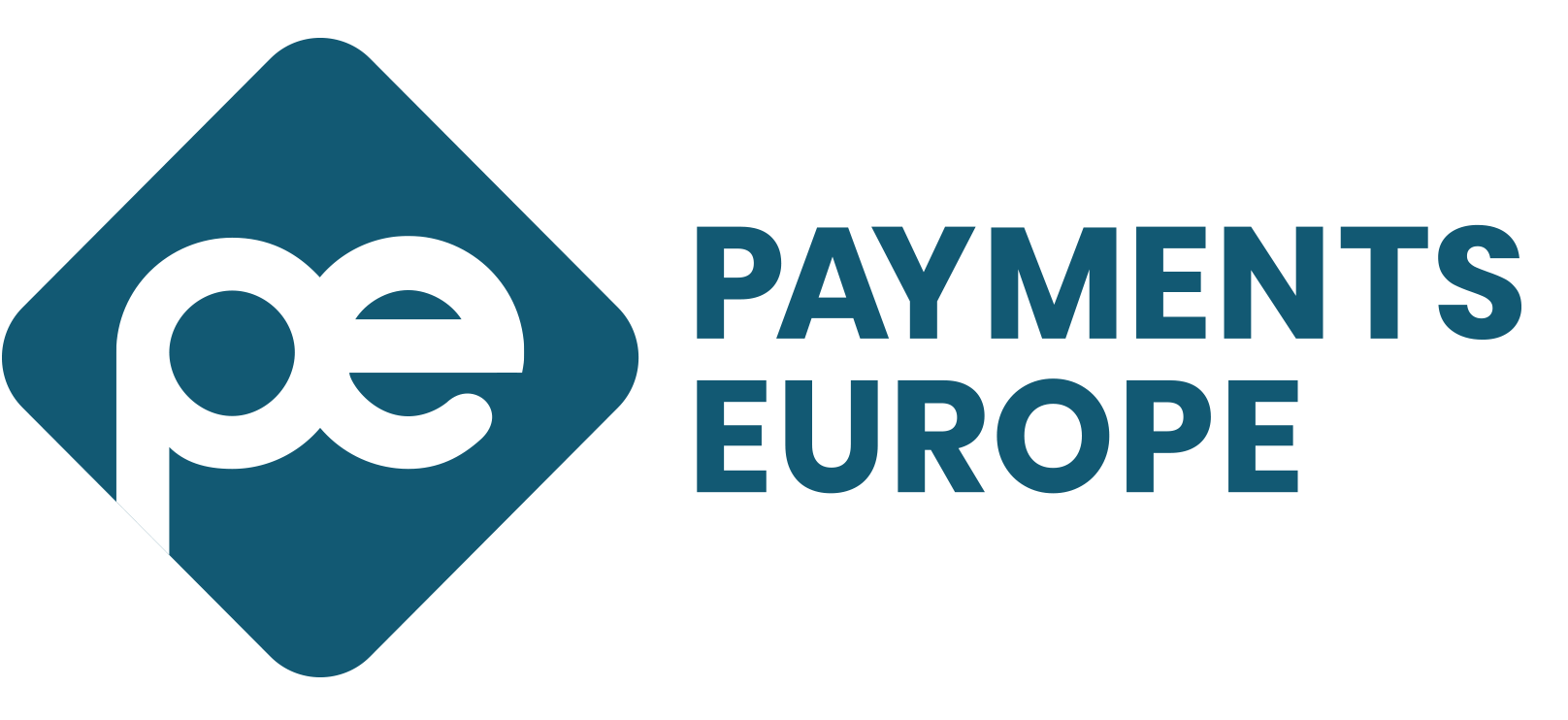European Commission’s Proposal on Instant Payments: Payments Europe’s Response
Key takeaways
- Payments Europe welcomes the European Commission’s proposal on instant payments. The uptake of instant payments will increase the variety of payment instruments available to consumers and retailers, further strengthening competition on the European payments market.
- Consumers require different payment methods for different use cases. The final choice about which form of payment to use on each occasion should sit with end-users, and regulators should allow for payment instruments to compete under a neutral regulatory framework.
- The new infrastructure required for instant payments and the need to balance the increased risks of fraud mean instant payments have unique costs. The market is best positioned to determine what the correct price point for the provision of instant payments is.
- Instant payments carry an additional risk of fraud due to the irrevocable nature of the transactions and the limited number of recourses available. Confirmation of Payee can be helpful in fighting fraud and the market is, once more, best suited to determine how to implement it to ensure it is swiftly developed.
- To allow PSPs to deliver instant payments that respond to the European consumers’ expectations, Payments Europe calls for the implementation deadline to fall at least 24 months after the adoption of this proposal.
Payments Europe welcomes the European Commission (“EC”)’s new ambitious proposal on instant payments. Like other forms of payment that have emerged in the past years, instant payments will enrich the diverse digital payment offering and complement existing payment instruments, providing dedicated solutions to specific use-cases and contributing to a more vibrant and dynamic payment market in Europe.
As is the case with all payments methods, instant payments have specific features that make them best suited to respond to some, but not all, use-cases. For this reason, Payments Europe invites regulators to ensure a level playing field is maintained among instant payments, other SEPA credit transfers, and all other methods of payment.
At the same time, instant payments also have a unique risk profile linked to the speed of settlements. This is well known within the payments industry as well as by users, with 89% of European consumers believing there to be risks linked to the use of instant payments and 4 out of 5 European merchants believing that real-time transfers have a higher risk of failed transaction at points of sale compared to card payments, merchants also agree that security of funds is best guaranteed by card payment.
For instant payments to become a common and reliable form of payment, it is paramount to ensure that consumer protection is guaranteed. Users also need to be educated appropriately with regard to the features of instant payments to be able to make conscious choices when deciding on which payment method to use for each transaction.
Below are some considerations related to the instant payments proposal, which keep in mind that – while instant payments represent a great opportunity for the payments ecosystem – the platforms and infrastructures they are built on are still evolving and do not yet offer the same maturity provided by other payments infrastructure, such as those used by cards.
On the mandatory provision of instant credit transfers in euro and related charges
In the past years, the number of PSPs offering instant payment solutions has been growing organically in response to increasing consumer demand. The new EC proposal now aims to introduce and harmonise instant payments on an EU-wide scale, which will increase the availability of this tool and provide legal certainty around the provision of this service.
For instant payments to become available across Europe, the building, maintenance, and improvement of sophisticated infrastructures that need to be integrated with existing systems is required, which entails significant investments in technology and operations. Such investments will put extra costs on service provides that do not exist for other payment methods.
For PSPs to be able to deliver the instant payments that regulators and consumers expect, they will need to be able to recover the additional costs incurred. This will require different pricing for the provision of instant payments, which the market should be allowed to freely determine. Indeed, price regulation risks undermining PSPs’ capacity to adapt to existing and emerging users’ needs (including that of guaranteeing a high level of security and safety of transactions). In turn, if instant payments were to perform at sub-optimal levels, it is likely there would be less interest in accepting them, which could ultimately hamper their uptake.
On discrepancies between the name and payment account identifier of a payee
Payments Europe holds the safety and security of payments to the highest standard and supports the roll out of Confirmation of Payee (“CoP”) as an important tool in the prevention of mis-directed payments.
Nonetheless, it is fundamental to recognise that rather than a complete and self-standing fraud solution, CoP must be considered as a tool to address security issues and reachability and make IBAN more reliable over the long term.
To ensure the swift development and adoption of CoP, the practicalities of how such a system should work ought to be left to the market, and the new regulation should avoid prescriptive rules regarding the form or messaging to be used.
On Fraud
Beyond what is said in the section above, it is fundamental to remember that instant payments offer limited fraud protection and dispute resolution services. Because of the largely irrevocable nature of instant transactions, instant payment systems provide limited dispute settlement capabilities, unable to reassure users that their transactions will be protected. Knowing there is limited recourse may also enable or encourage fraudulent activity.
The report ‘Cards in the evolving European payments landscape’ highlights the preference of both consumers (87%) and retailers (90%) for card-based payments as they offer more guarantee of payment and more safety compared to other payment methods. When it comes to card fraud, three in four consumers are aware that their money will be reimbursed, making security the main benefit of card payments and allowing it to score as the best fraud prevention payment type.
Overall, an EU-wide uptake of instant payments could trigger a spike in fraud cases. Payments Europe’s members are working to guarantee secure transactions for European consumers and, aware that CoP alone will not suffice to do so, are working to develop dedicated solutions to address this issue. Further clarification as to liability for misdirected transactions would support them in these efforts.
On screening instant payments for EU sanctions
Payments Europe understands the importance of screening payments for EU sanctions.
Nonetheless, additional clarification as to how this would be implemented for instant payments is required. Although moving from transaction-based screening to a client database screening might improve the efficiency and the effectiveness of the process by avoiding timeouts and reducing the number of false positives, it seems like this could imply additional costs of compliance for payments services providers not offering instant payments, hence creating an imbalance in the market by advantaging some players to the detriment of those following a transaction-based screening procedure instead.
Additional challenges are also likely to be imposed on PSPs who have screening requirements and obligations outside of the EU, as they will need to perform screening against non-EU lists for both intra- and extra-EU transactions.
On timing and implementation
For instant payments to be a successful, useful, and secure tool for European users, sufficient time should be granted to PSPs to complete the necessary research and adjust their offering, integrate their systems, and launch instant payments schemes that respond to consumers’ expectations for the highest quality and security of each transaction.
Moreover, taking into account other regulatory changes that will require the attention of the industry in the coming months, Payments Europe supports an implementation period of at least two years from the adoption of this proposal. Payments Europe also supports a longer implementation time for non-euro area PSPs to reflect the lower levels of adherence to the SCT Inst scheme among non-eurozone Member States.

